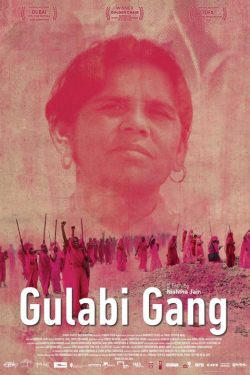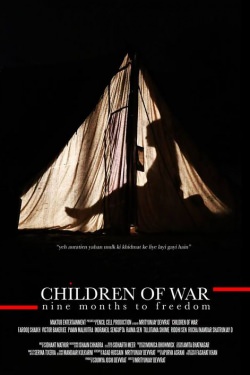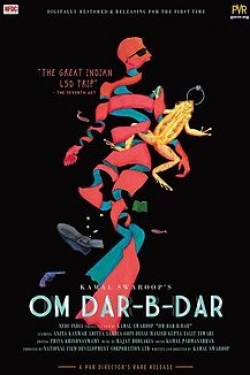Top Rated Films
Uday Bhatia's Film Reviews
-
Bhansali’s long-awaited ‘Bajirao Mastani’ is unapologetically sumptuous…
-
It saddens me to say this, for I love Peanuts and would like anything connected to it to succeed, but The Peanuts Movie doesn’t understand what it was that made Charles M. Schulz’s comic strip special.
-
Though Helgeland’s writing is frequently funny and the period detail immersive, the film suffers for lack of someone to root for. The only sympathetic character is Frances, who—in an uncharacteristic move—is entrusted the voice-over.
-
…its best moments are the ones with the six women sitting around, cussing, getting drunk, and talking about everything that comes into their minds, with Lakshmi hovering somewhere in the background. When’s the last time you saw a female character in a Hindi film have a wet dream, or come out to her friends? If the answer is ‘never’, Angry Indian Goddesses might make for instructive viewing.
-
With its tearful mothers and musical interludes and unfettered emotions, Creed comes close to the spirit of films made in this country. What could not have been achieved here is the kind of immediacy to the fighters it allows. Coogler keeps the fights free of distracting camera effects, and the results are as close to the real thing as possible. You can feel the weight of the punches as they land, hear the whistle of the rope as Adonis skips during training.
-
While no one could accuse it of being subtle, Tamasha is affecting in parts, thanks in large measure to its lead players. Kapoor, with his gift for light comedy and mimicry, outpaces Padukone in the Corsica leg, but when they return to India and things become complicated, her pain is as palpable as his (this in spite of Tara being an underwritten character). Ali’s direction has also acquired a lightness of touch; when we first see Ved as a child, the legend reads “Shimla, flashback”, a little joke but also perhaps a reference to how memories are edited into home movies in our imaginations.
-
Perhaps there’ll be those who’ll find something resonant in X, who might be moved to try and figure out the time-travel business teased towards the end. Personally, I doubt I would have thought less or more of the film if K and his friend had come across the DeLorean, travelled back to the start of the film and begun their conversation again. I wouldn’t stick around for the rerun, though. If past is present, my time is all the more precious.
-
Casino Royale and Skyfall suggested there were still ways left to tell a Bond story that weren’t archaic or rehashed. Spectre, though, is simply a case of middle-of-the-road big-budget franchise furthering. Studio logic might dictate that it’s time for another reboot. But how many times can something be rebooted before the batteries give up the ghost?
-
It’s difficult to know what to make of a film that casts Chadha as a wide-eyed ingénue (surely there’s no shortage of those in Bollywood) or suggests that Sobhraj is more victim than aggressor, something Mira tries to explain to Kanth without a trace of irony. Are we meant to take this at face value? Or is it just Raman’s way of showing how completely Sobhraj’s accomplices come under his spell?
-
Unrelentingly grim, morally unmoored, Titli festers like a sore on your consciousness. Misleadingly funky second trailer notwithstanding, it’s unlikely to be anyone’s idea of fun. Yet, from time to time, it’s important that a film like this get under our skin and remind us why we value catharsis so much.

























